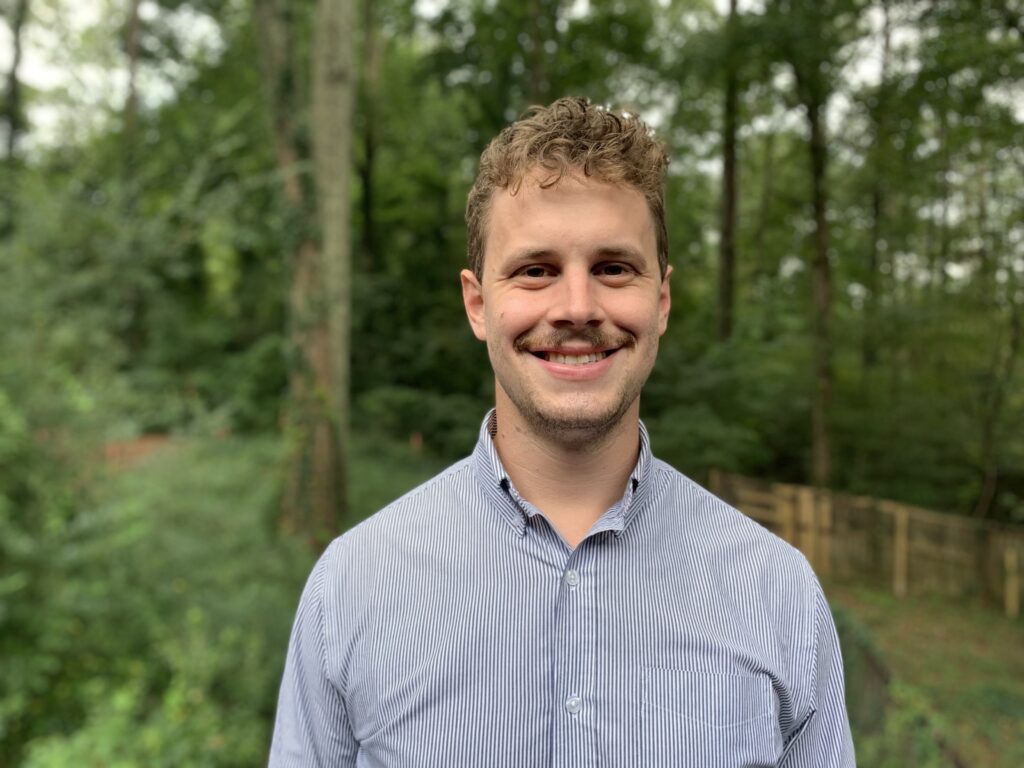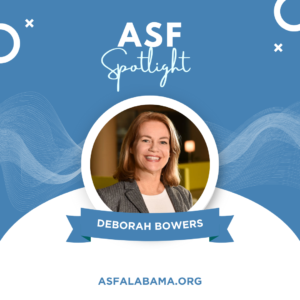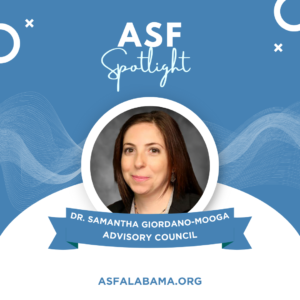Our Advisory Council plays a vital role in guiding and supporting the Schweitzer Fellowship’s mission to develop leaders who are committed to health equity and community service. This dedicated group of professionals brings a wealth of knowledge, experience, and passion to our program — helping to mentor fellows, strengthen partnerships, and advance our impact across Alabama. Let us introduce you to them through our Q&A Spotlight Series.

Q: Please introduce yourself and your role within the ASF of Alabama.
A: My name is Greer McCollum. I’m a Fellow for Life and am part of the ’20-’21 class of ASF of Alabama. I now live in the Hudson Valley of NY and am a data analyst for the NYS Office for People with Developmental Disabilities. I am a relatively member of board and so far have helped with ASF interviews and Fellow selection for the upcoming class.
Q: Why do you love serving ASF?
A: I love serving ASF because of my experience in the program. I learned so much as a Fellow about implementing community health interventions and hope to help other graduate students along their learning journeys.
Q: Why do you think the ASF Fellowship is important to Alabama communities?
A: ASF Fellows conduct so many needed community health projects across the state. I know many of these projects would never get done otherwise due to staffing and resource constraints. ASF also helps develop community health leaders who continue to contribute to the well-being of Alabamians throughout their careers.
Q: What advice would you give to incoming Fellows?
A: I would advise Fellows to take advantage of the extensive knowledge of their academic and site mentors. These mentors have so much experiential knowledge when it comes to managing health and social services—a skill that will be invaluable for Fellows throughout their careers.
Q: How do you see ASF’s role in shaping the future of healthcare and service in Alabama?
A: ASF focuses on health equity, so its Fellows will be well-equipped to ensure healthcare organizations across the state are motivated to address the root causes of health inequality along racial, class, gender, and sexual orientation lines.



